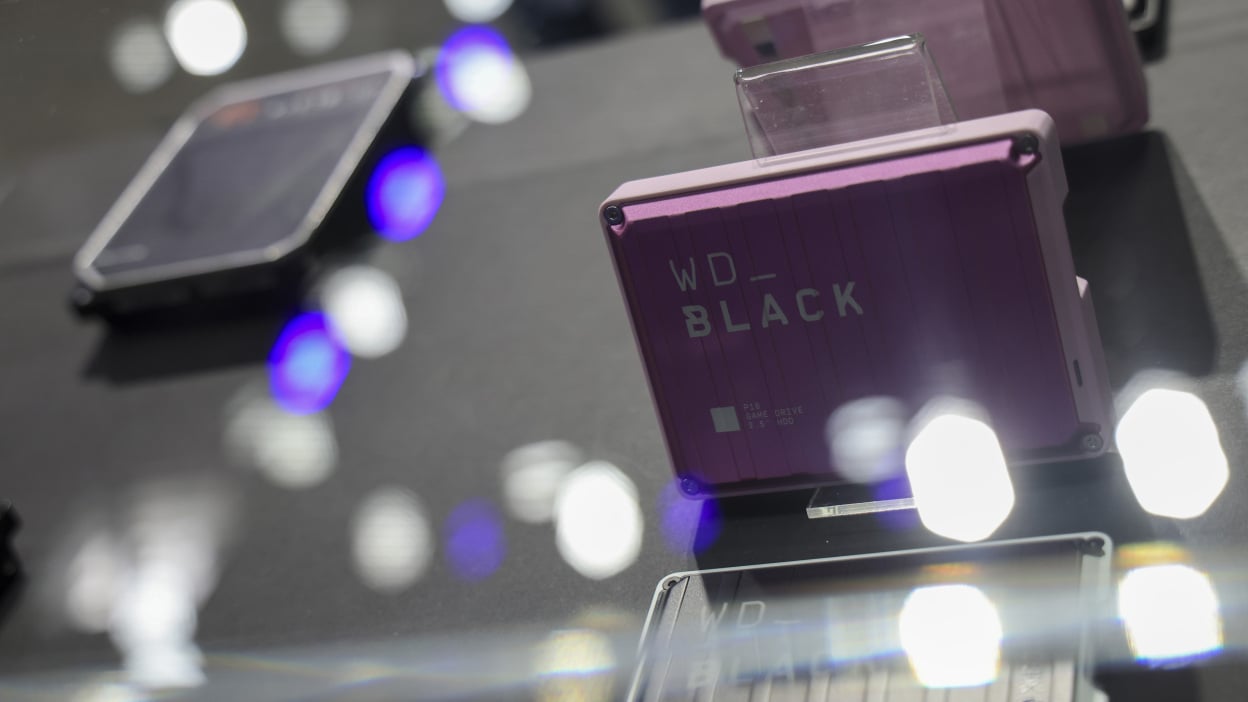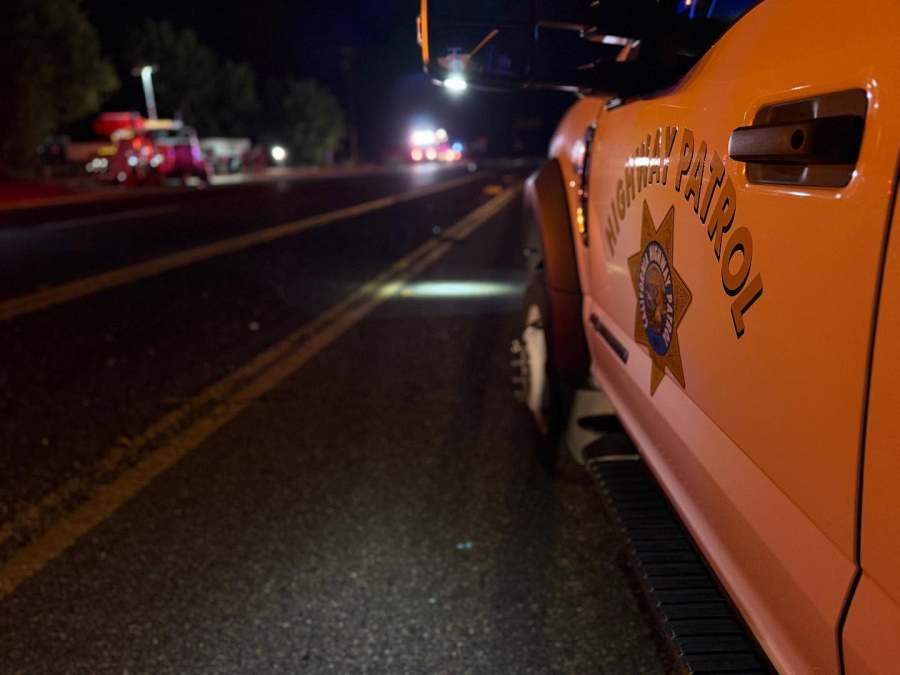


College administrators think AI might be the solution to their political PR problems, as the Department of Education weaponizes long-standing civil rights law to control educational institutions under new Trump administration goals and university campuses crack down on student protest.
New York City's Columbia University, for example, is reportedly exploring a student debate platform, powered by AI, that encourages more "civil" conversations about "dangerous" topics, including abortion, immigration, trans identities, and the humanitarian crisis in Palestine, according to an exclusive from The Verge. The embattled institution has been testing the tool at Columbia’s Teachers College under new conflict resolution curriculum.
The tool in question is called Sway, a beta program designed by Carnegie Mellon University postdoctoral researcher Nicholas DiBella. DiBella has tested the tool on 3,000 students from more than 30 colleges and universities, including debates on contentious topics like whether or not the 2020 election was legitimate. As an intended moderator between students with polar viewpoints, Sway encourages individuals to find a middle ground and for students to rephrase verbiage that may be "disrespectful." DiBella says that students often come away "less confident in their own views," but closer to their colleagues.
DiBella has received partial funding from the U.S. intelligence community to construct Sway as part of his doctoral work, and has said that it will "share anonymized data with the public and the intelligence community, but not transcripts or specifics." Columbia associate professor Joseph Howley told The Verge that Columbia is failing to appropriately handle student tension, with Sway providing yet another example. "What we have are approaches from the world of corporate crisis response, policing, and law enforcement being directed at disagreement and dissent as if they are problems to be solved rather than fundamental values to be cherished," said Howley.
Sway isn't the first tool Columbia has used to assuage student tension (or, allegedly, filter out student dissent). The university reportedly uses Khan Academy's Schoolhouse Dialogues system to pair prospective students in debate-style conversations, which are then ranked by "civility" and fed back to Columbia admissions officers.
In 2024, the university came under fire for its militarized treatment of student protesters who had bunkered down on university grounds to demand the school divest from its Israeli ties. Earlier this year, Columbia complied with immigration officials to arrest international students under pressure from President Trump, allowing and later disciplining student protesters with suspensions, degree revocations, and expulsions. Columbia settled with the federal government for $200 million in July, complying with demands to hand over student data in order to monitor protests and international students and foster "constructive dialogue."

Chase joined Mashable's Social Good team in 2020, covering online stories about digital activism, climate justice, accessibility, and media representation. Her work also captures how these conversations manifest in politics, popular culture, and fandom. Sometimes she's very funny.








